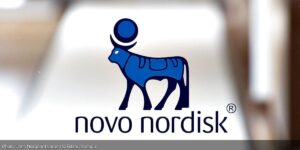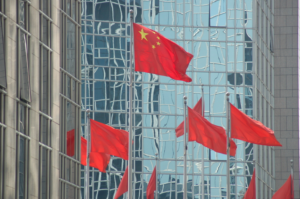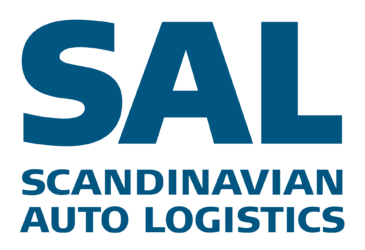Europa-Kommissionen arbejder på et forslag til en ny skat på multinationale selskaber, der opererer på det indre marked til finansiering af den for nylig foreslåede genopretningsfond, men kommissæren for det indre marked, Thierry Breton, oplyser til mediet EURACTIV, at han anbefaler at være “meget forsigtig” snarere end “for fantasifuld” ved udvælgelse af nye afgifter.
Uddrag fra EURACTIV:
In order to finance the record figure that it plans to borrow from the markets, the EU executive will not ask for more contributions from the member states, as it would have been a dead-end in the middle of a recession, and given the already immense stimulus.
Instead, the Commission proposed various taxes to cover payments over the next three decades, linked “in a positive way” to the EU’s digital and ‘Green’ priorities, Commissioner for Budget, Johannes Hahn, told a group of European media including EURACTIV.
Member states face tough negotiations ahead as they will try to agree on issuing an unprecedented level of EU debt, the injection of an additional half a trillion euros in grants to the EU budget, and arguably the most important own resources transformation in decades.
The Commission could raise around €50 billion annually with half a dozen new EU taxes, including a carbon tax, a levy on single-use plastics, the extension of the Emission Trading System or the European digital tax.
One of the eye-catching proposals is a new tax on multinationals. According to Hahn, it would cover companies with global revenues of €750 million or more which operate on the single market, and it could raise €10 billion annually.
The details are still very vague. “There are only ideas floating around,” Hahn told reporters.
But the Austrian Commissioner already shared the reasons why big companies in Europe should contribute “a little bit”, given the benefits they obtain from the internal market.
These firms have “a much bigger customer base, a seamless supply chain, in many countries the same currency and a uniform regulation”, he explained.
Companies save costs by simply using the single market, he added. Therefore, getting a “modest levy for this access is something we consider as a fair deal”.
Hann said the discussions had only started but he had already tasked his team with designing this levy, as part of a broad menu of new own resources proposed to the member states to finance the recovery fund.
‘Imagination has no limits’
The proposal, however, met with a lukewarm reception in other corners of the Commission.
Asked about the ‘single market tax’, Breton, who oversees the internal market, recommended being “very cautious” about the own resources created to repay the EU debt.
“Imagination has no limits”, Breton told EURACTIV in an interview.











